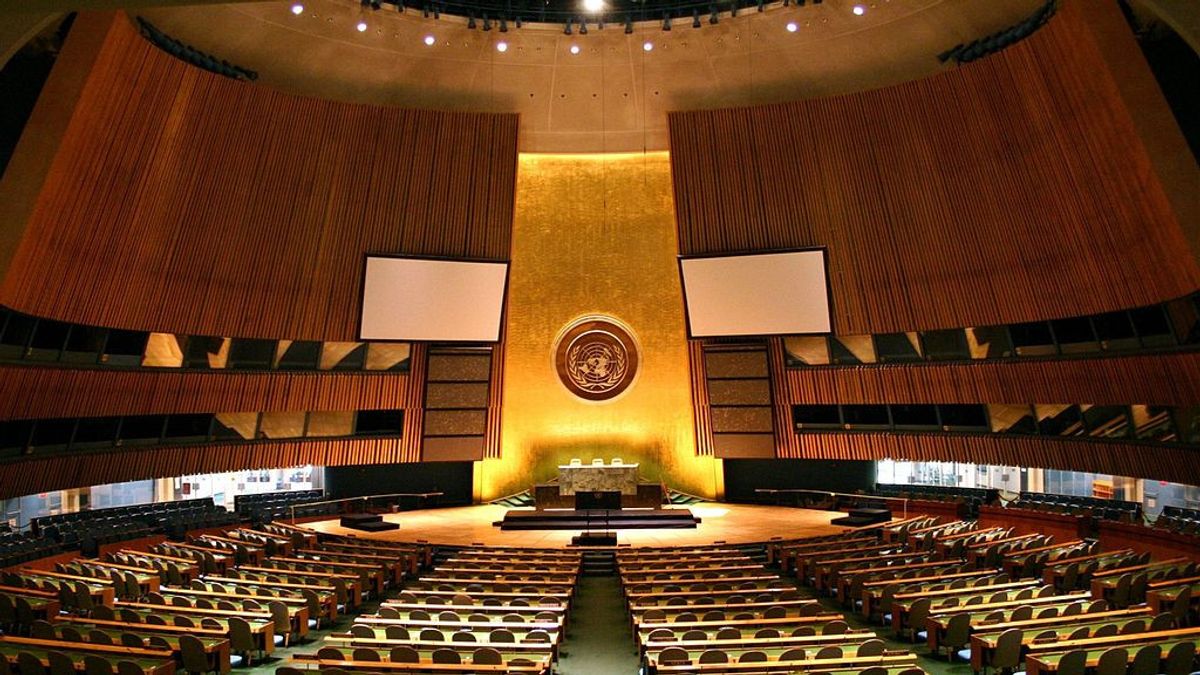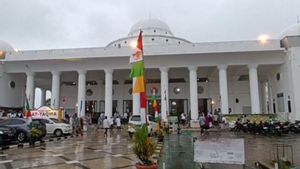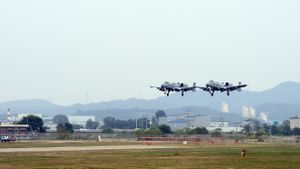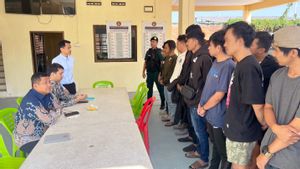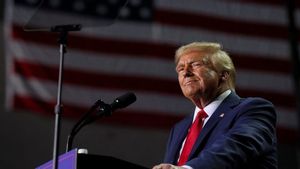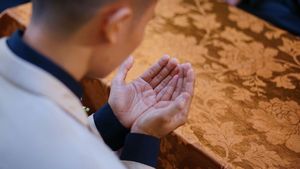JAKARTA - The United Nations (UN) is calling for the largest fundraising ever to fight the COVID-19 pandemic. They need 10.3 billion US dollars to help solve the hunger problem caused by the outbreak that occurred since the beginning of this year.
The funds will later be used for low-income and fragile countries. The reason is, launching the BBC, Friday, July 17, the UN noted that 265 million people are threatened with starvation at the end of the year due to the pandemic.
When it first fought the pandemic in March, the UN needed US $ 2 billion to deal with it. They warned that they should not take any wrong steps in dealing with COVID-19, because it could threaten development that has been carried out for decades.
The COVID-19 pandemic is having a huge impact on the world's poorest people. The United Nations says rich countries have put aside financial rulebooks to protect their own economies. Now it should do the same to help poor countries.
If not, says the United Nations, the world will face a crisis of hunger for millions of people. Meanwhile, the World Food Program (WFP) earlier this week warned that there were 10 countries facing severe food crises, namely Yemen, Democratic Republic of the Congo, Afghanistan, Venezuela, Ethiopia, South Sudan, Syria, Sudan, Nigeria and Haiti.
"Failure to act now will free the virus around the world, undo decades of development and create tragic generational and exportable problems," said Mark Lowcock, UN Head of Humanitarian Assistance.
Count on the USMore than 588,000 people have died from COVID-19 while 13.6 million people have been infected in 216 countries. Even though the United States was the worst-affected country, Lowcock said it was still the most needed country in terms of funding.
"Only US leadership and mobilization in a global response has been very effective," Lowcock said. "Nobody, including in the US, will be safe from this virus until everyone is safe from it," he said.
So far, only 0.1% of all US emergency funds have gone into international aid. But there is now growing momentum in Congress to do more. Lowcock said US funding could help reduce damage around the world.
"I don't have a magic money tree," Lowcock said. "But the donors have it. They use it for their own economy. What I'm saying is, it would be a very good idea to use only 1% of the funds for your own benefit as well as acts of empathy and human generosity to protect poor countries. , "he said.
The English, Chinese, Japanese, Arabic, and French versions are automatically generated by the AI. So there may still be inaccuracies in translating, please always see Indonesian as our main language. (system supported by DigitalSiber.id)
